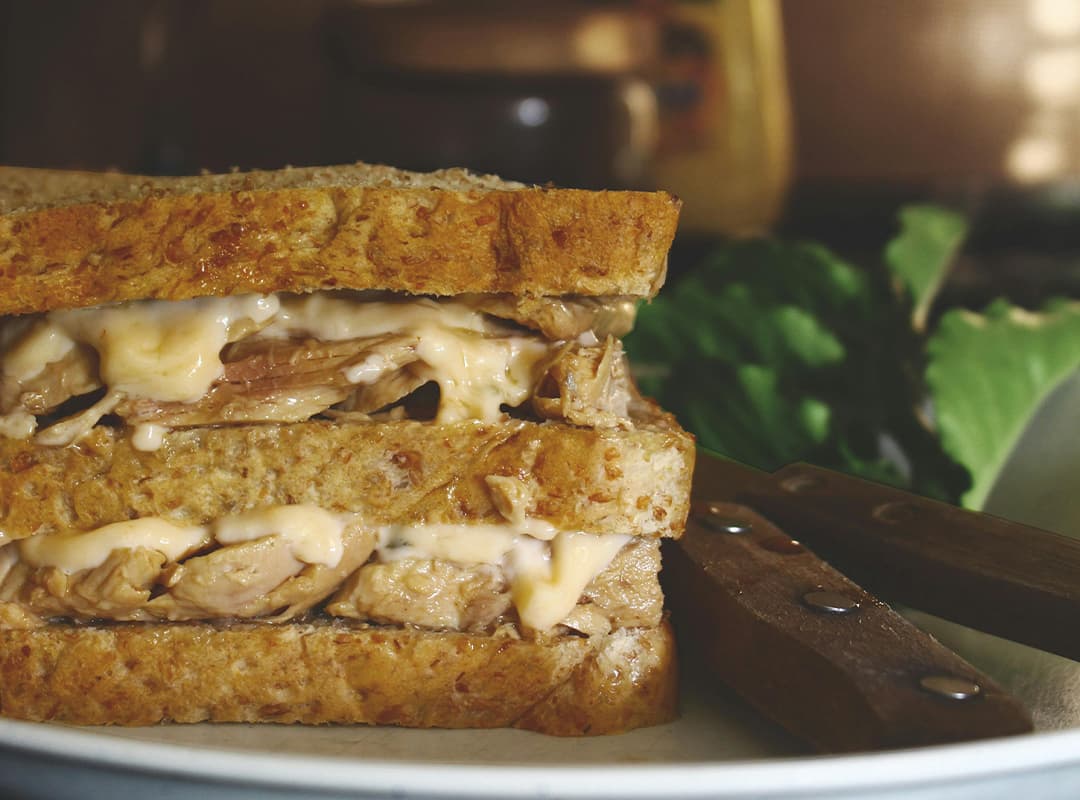Gluten is a mixture of proteins found in cereal grains. It makes the dough elastic and airy. Gluten improves the flavor of bread and rolls. But not all people can consume products containing gluten without harming their body. In some cases, it can cause serious disturbances in the intestinal and immune system.
Who should not consume gluten?
There are two reasons to avoid gluten: celiac disease and gluten sensitivity.
Celiac disease is a genetic disorder in which the body storms its own intestinal cells when they come into contact with gluten. This causes inflammation and damage to the mucous membranes, as well as impaired absorption of nutrients. Symptoms of celiac disease can range from diarrhea, nausea and abdominal pain to anemia, osteoporosis and depression. Celiac disease is diagnosed based on blood tests and intestinal biopsies.
Gluten sensitivity is a condition in which a person experiences discomfort after eating foods with gluten. However, the person does not have celiac disease or an allergy to foods containing gluten. Symptoms of sensitization can be similar to celiac disease, but are less severe and not associated with an immune response. Gluten sensitivity is difficult to diagnose because there are no specific tests to detect it.
As of this writing, there is no evidence that gluten can be harmful to health or cause any disease in people who do not suffer from celiac disease or gluten sensitivity. On the contrary, gluten products are good for the body because they are high in fiber, protein, iron, folic acid and other micronutrients.
A popular myth about the gluten-free diet should be debunked – it is not a panacea for all problems and does not automatically contribute to weight loss. In fact, it can even lead to weight gain if a person consumes more fats and sugars to compensate for the absence of gluten. In addition, this diet can cause deficiencies in certain vitamins and minerals, namely vitamin B12, calcium, iron and zinc. This can increase the risk of anemia, osteoporosis, neurological disorders and infections.
Eating the right gluten-free diet
If you decide to go on a gluten-free diet for medical reasons or personal choice, you should know which foods contain gluten, which foods are gluten-free, and which foods you can and cannot eat.
Foods containing gluten that should be excluded from the diet:
- Bread, rolls, pies, pastries, cookies, cakes and other products made from wheat, rye or barley flour;
- Pasta made of wheat flour;
- Cereals: millet, yacca, couscous;
- Beer and other beverages based on grain malt;
- Sauces, condiments and dressings with flour or malt added;
- Certain dairy products with added gluten (e.g., cottage cheese);
- Sausage products containing flour or starch.
Foods that do not contain gluten can be consumed without restriction:
- Meat, fish, eggs;
- Vegetables and fruits;
- Cereals: rice, buckwheat, amaranth, quinoa;
- Dairy products without additives (milk, kefir, cheese, yogurt, etc.);
- Gluten-free baked goods made from rice flour, corn, buckwheat, amaranth, etc.;
- Gluten-free pasta made from rice, corn or flax flour;
- Gluten-free sweets: honey, jam, fruit purees, unadulterated chocolate;
- Gluten-free beverages: water, tea, coffee, juices, wine.
When choosing products for a gluten-free diet, it is important to study their composition, indicated on the package. Individual products may contain hidden gluten or traces of gluten from processing on the same equipment as gluten-containing products.



